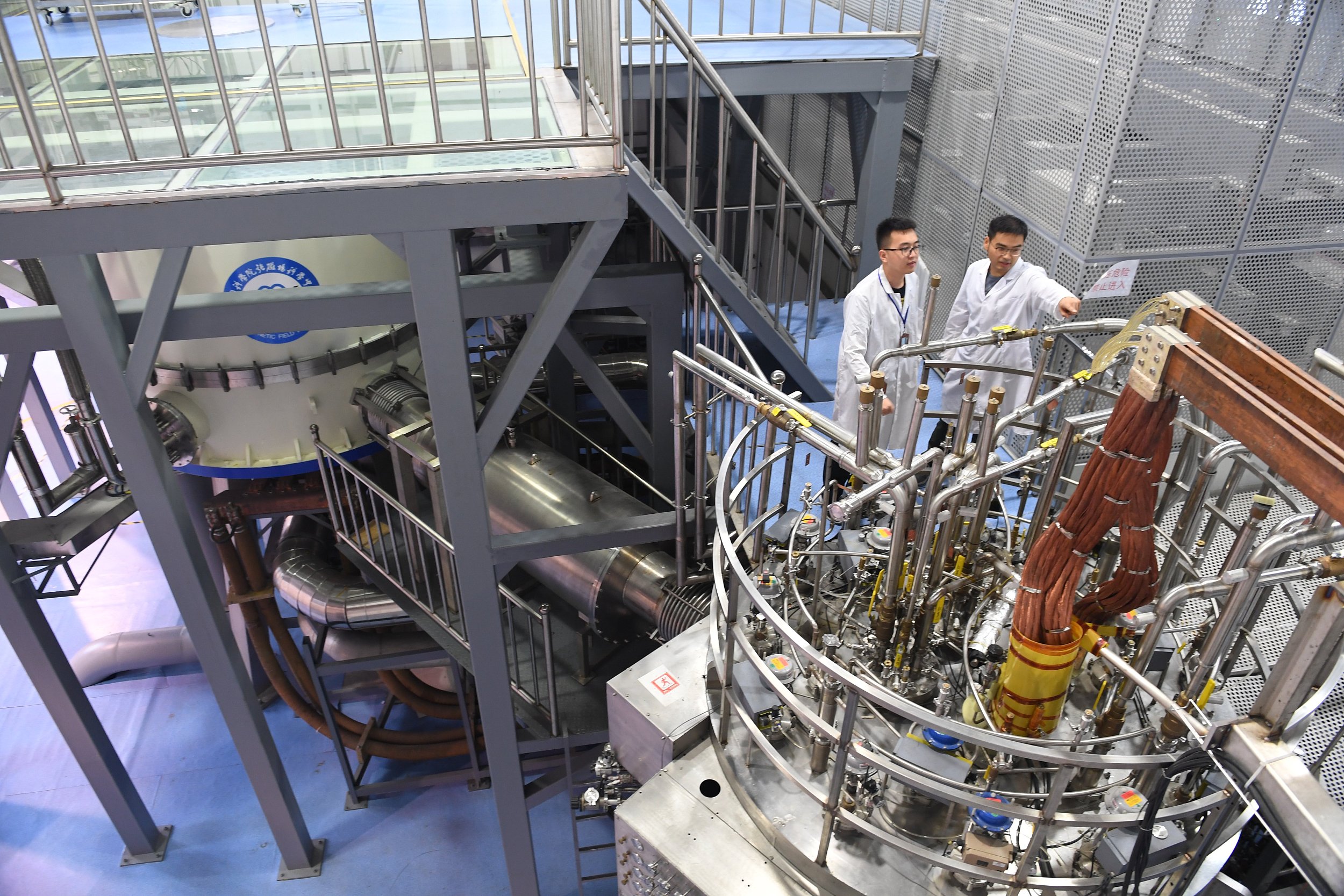How to Prevent the Next Pandemic
By YU Haoyuan

The way need to be found to prevent the next pandemic. (PHOTO: VCG)
Over the past two years, the COVID-19 pandemic has had a massive negative global impact and unfortunately it continues to cause suffering to many daily. No matter when and how the pandemic will end, what is of vital importance is that humanity learns from the lessons of the current pandemic, in order to be better prepared for the next one.
A pandemic could occur for a variety of reasons. What we are doing now may be totally inappropriate when the next one comes around. Therefore, four aspects must be put in place in order to handle whatever virus outbreak follows.
Firstly, before the outbreak of any disease, mental preparation is necessary. We need to conquer our fear of unknown diseases, and with motivation from awareness, human response to the virus could be accelerated, and an increased number of people could be protected.
"For many of us during this pandemic, the motivation was at the fear of illness and even death. Our motivation should be maintaining public health ... if the motivation is right, we can protect a lot of people," said Ahmed E. Ogwell Ourma, Deputy Director of Africa CDC.
Meanwhile, mental preparation will help people pay more attention to the task at hand, resulting in increased efficiency in combatting the virus. The government and local medical facilities could also respond to the outbreak immediately and lower the risk of massive virus transmission.
Secondly, local medical capabilities must be enhanced. When COVID-19 broke out, the greatest pressure in response came from the lack of medical infrastructure and medical staff. Even countries with advanced medical facilities, could not handle the massive outbreaks, let alone those countries with poor health systems.
As one of the solutions, countries could create more jobs, particularly in the fields related to public health, or hire those people who have trained in medicine, such as retired doctors or medical students on the verge of graduating to help out. Perhaps this could provide a backup platoon of medical personnel to help take up the strain when the next pandemic arrives.
Therefore, for the lower and lower-middle income countries, governments could implement policies to encourage anti-pandemic behavior. "[In these countries, we could] create those national vaccination plans that prioritize vaccinating fully at risk populations, ensure that there's implementation of a test and treat strategy at the community and primary care level, expand support for frontline and community health workers and ensure that they use this crisis as an opportunity to invest in long term capacity for preventing the next pandemic," said Dr. Raj Panjabi, special assistant at White House National Security Council.
Thirdly, in the event of another pandemic, the public should take action immediately. Over the past two years, the WHO has recommended, on several occasions, the need for people to take various actions to combat the pandemic, but many refused to follow such recommendations.
"It is becoming tiring to continue to wear masks, keep social distance, and stay away from friends and family. But these things have to be done," said Ogwell Ourma. Such behavior recommendations were mentioned often by medical experts and it is considered the only way to try and buy time so that people can deploy better tools to control the pandemic.
Finally, the world should collaborate on virus research as well as vaccines.
Many viruses come from animal and natural mutation, thus we should abandon the idea of "If we don't look for the viruses, they cannot hurt me," and find viruses through active surveillance instead. However, since the pandemic is a disease affecting the entire world, rather than one country, virus research and analysis should be worked on together under global supervision. This will help reduce the possibility of deadly virus mutation and accelerate vaccine production.
Moreover, according to WHO official Ann Lindstrand, the world should work on a collective vaccine roll out. Taking the current COVID-19 pandemic as an example, she cited that so far, a third of the world's population still remains unvaccinated because of the insufficient supply and unequal distribution of COVID-19 vaccines that we witnessed in 2021. This must be improved, said Lindstrand.


